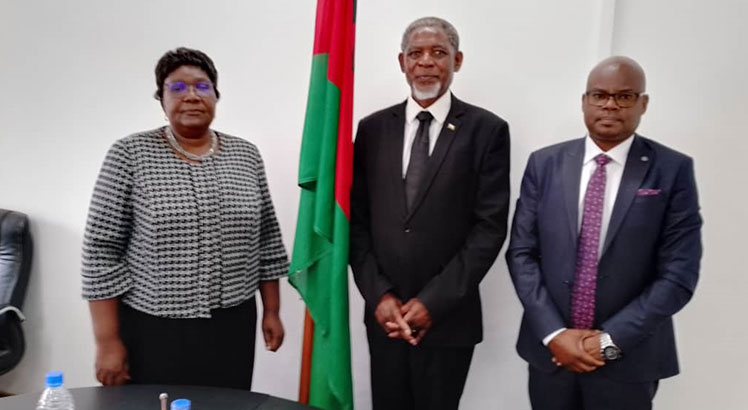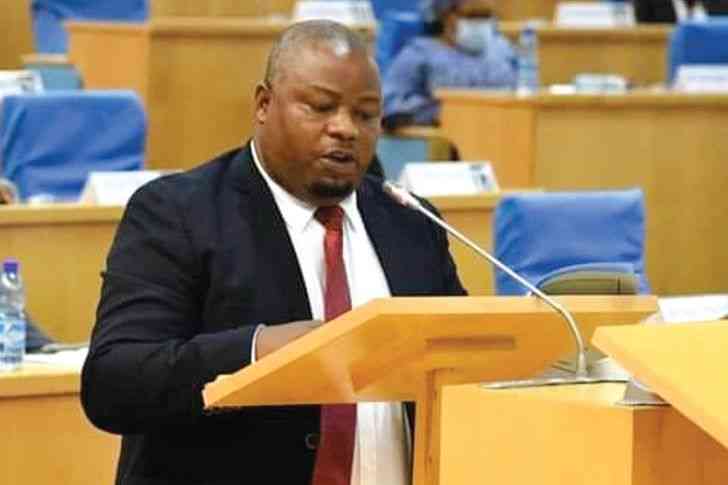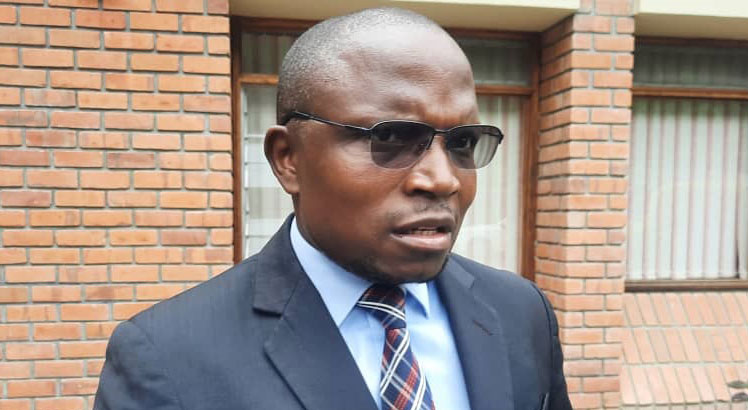MEC lobbies for Electoral Law Reform Bills
Malawi Electoral Commission (MEC) says the hosting of successful 2025 Tripartite Elections will depend on changing the electoral laws.
Speaking yesterday in Lilongwe during a session with Minister of Justice Titus Mvalo, MEC commissioner Caroline Mfune said delays in tabling the Electoral Law Reform Bills will have significant implications on the commission’s preparations for the 2025 elections.

She said: “The financial costs of managing and conducting the Tripartite Elections are very significant. To ease pressure on the government budget, the elections budget is usually funded in phases by spreading it over at least three financial years immediately before the election year.”
Mfune, who chairs the MEC Legal Committee, said it is important that the legal framework within which the elections will be managed must be certain at least by the end of this year.
“This is particularly the case so that the commission must have a definite operational plan on which the budget can be based,” she said.
Mfune further said starting 2023-2024 financial year, the national budget will start to bear some of the costs of the 2025 Tripartite Elections; hence, the commission wants the Bills passed during the November sitting of Parliament.
She said procurement processes of electoral materials should begin as early as possible and, in any event, not later than the first half of the year 2023.
Mvalo, on his part, committed to push for the gazetting of the Electoral Law Reform Bills to ensure adherence to timelines set in the Standing Orders of Parliament. The Standing Orders stipulate that a Bill should be circulated 28 days before being deliberated upon.
In October last year, the National Task Force on Electoral Reforms submitted four proposed electoral law amendments to Ministry of Justice, including swearing-in the President-elect after 30 days and making polling day a public holiday.
Comprising MEC and non-governmental organisation Centre for Multiparty Democracy, the task force drafted about 30 electoral law amendment proposals, including reduction in the voting time from the prevailing 12 hours running from 6am to 6pm to one that starts at 6am and closes at 3pm.
Other proposed reforms include the scrapping off of the 60-day official campaign period, fixing the holding of by-elections to quarterly basis, making the national identity card as the sole proof of eligibility to register to vote and that constituency boundaries review should be conducted after 10 years instead of the current five years.
The Bills are Constitutional (Amendment) Bill, Electoral Commission Act (Amendment) Bill, Presidential, Parliamentary and Local Government Elections (Amendment) Bill and Assumption to the Office of the President (Transitional Arrangements) Bill.





